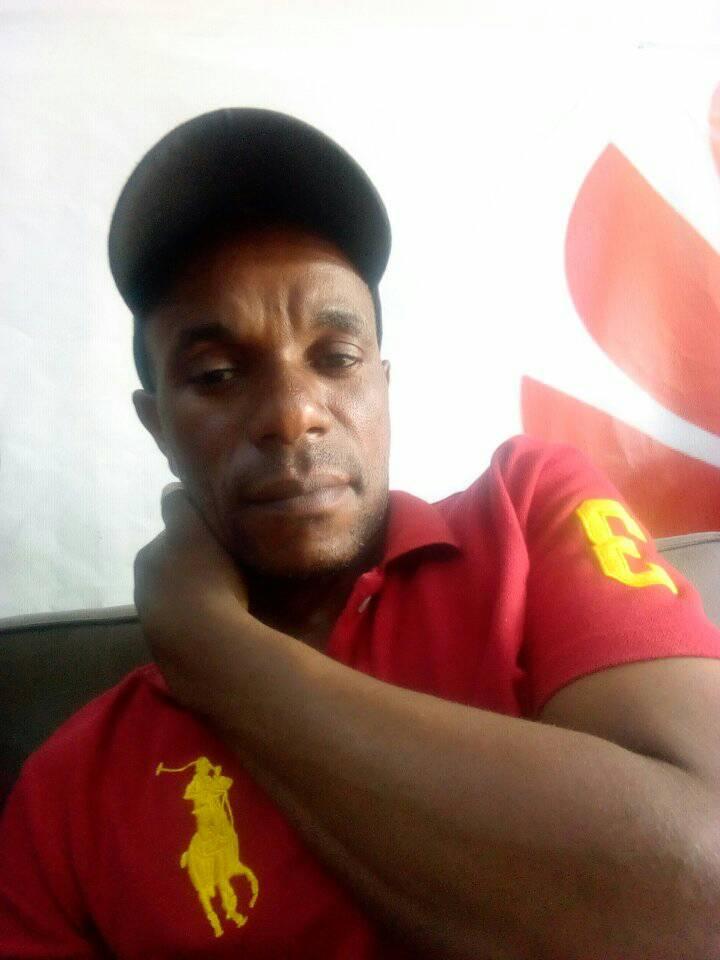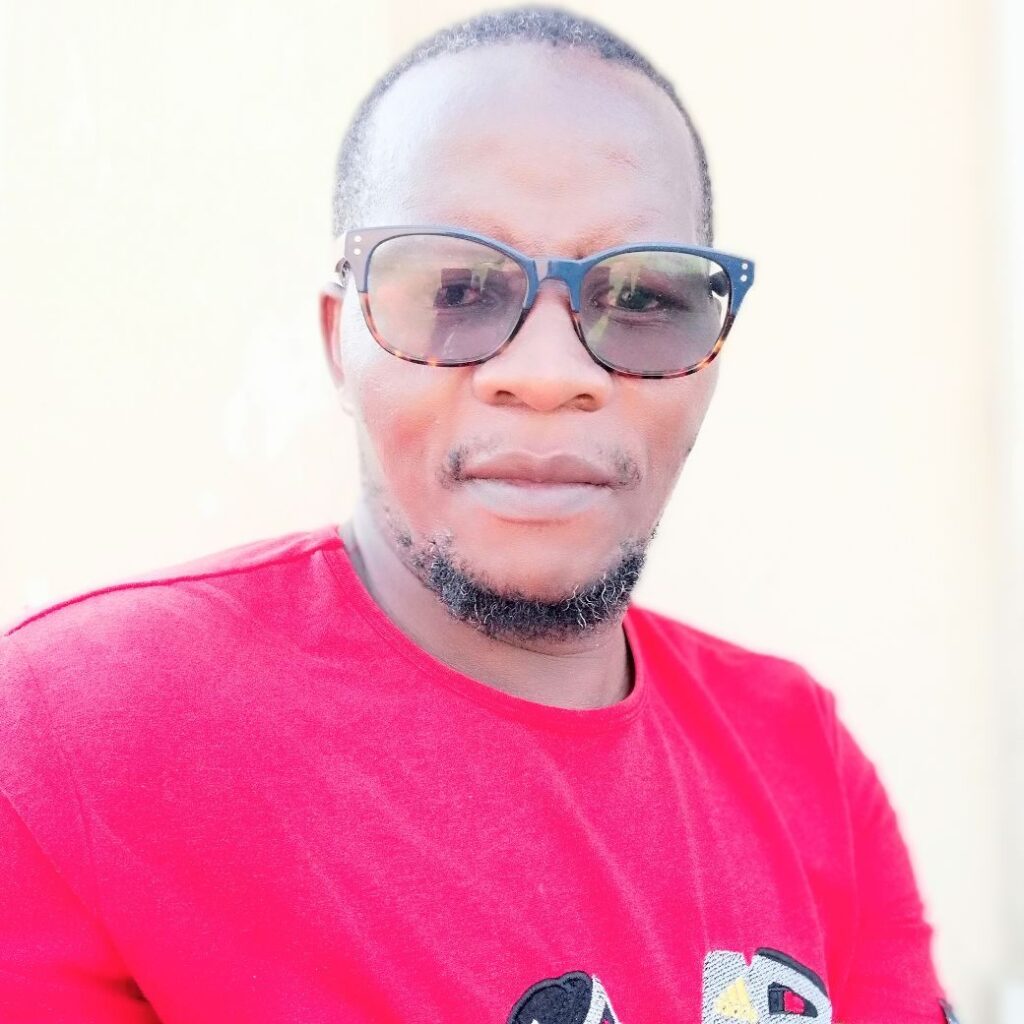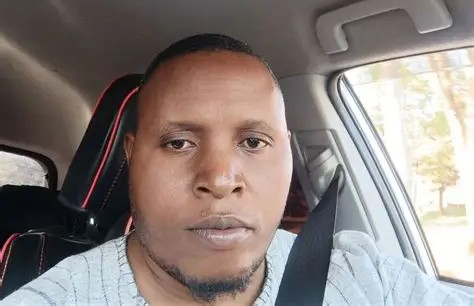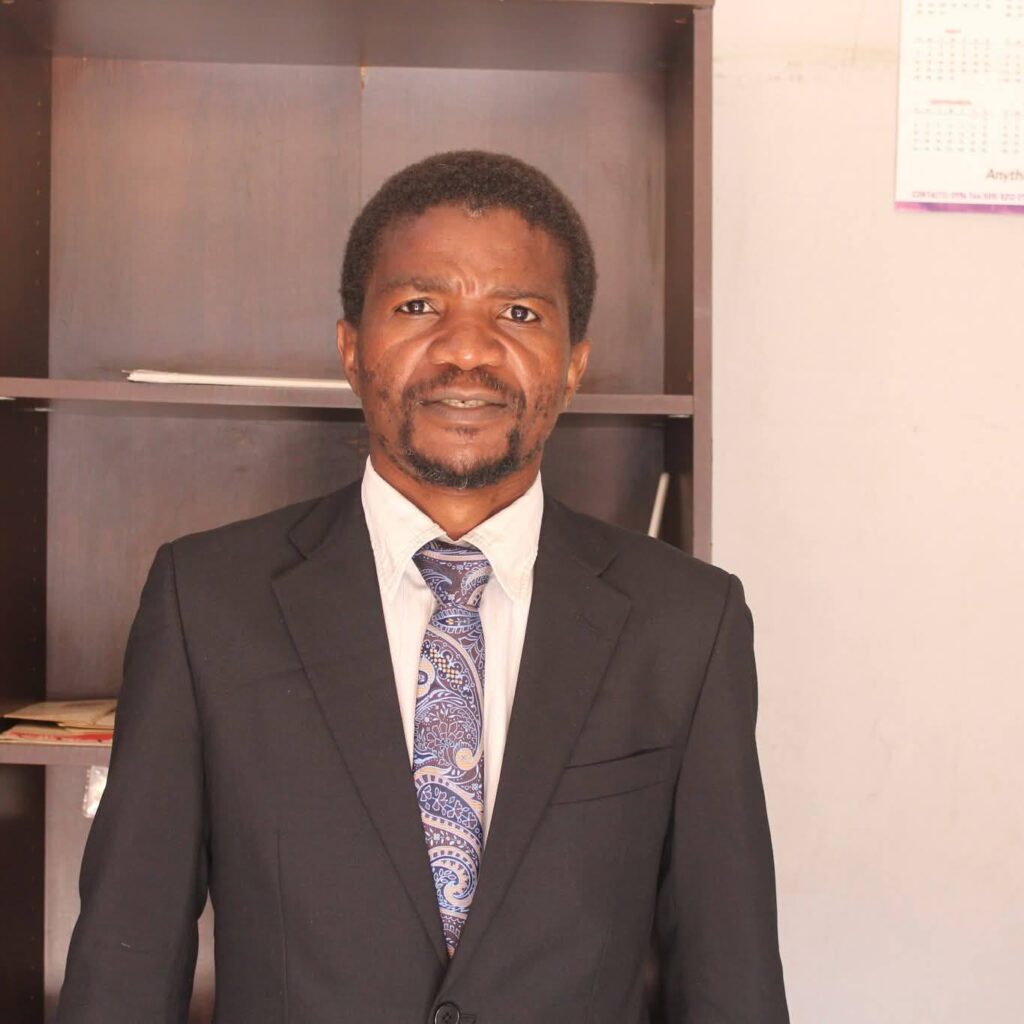The Malawi Police Service (MPS) has arrested four suspects accused of plotting to torch markets within Lilongwe as part of Democratic Progressive Party (DPP) scheme to unleash violence ahead of the Tuesday elections.
In a statement issued Saturday, MPS spokesperson Assistant Commissioner of Police (ACP) Peter Kalaya said the suspects were picked up in Lilongwe and Blantyre on Thursday. They were identified as Geoffrey Kamanyengo, Fanwick Kerod, Upire Mkulumba and Ladwell Ligomeka.

According to Kalaya, the four are accused of conspiring to set ablaze Mtandire, Mchesi, Chinsapo and Msiriza markets in Lilongwe, while also targeting the Chingeni Roadblock in Balaka to obstruct the movement of election materials.
The four will be charged with conspiracy to commit a felony, contrary to Section 404 of the Penal Code.
Kalaya said investigations show that the suspects created a WhatsApp group through which they mobilised funds, recruited others, and devised strategies to execute the plan.
“MPS assure Malawians that it is vigilant and alert to thwart any sinister plot devised to disturb the forthcoming General Elections,” he said.

Geoffrey Kamanyengo

Ladwell Ligomeka

Fanwick Kerod
The arrests confirm earlier reports by The Pangolin Online that the DPP had established a taskforce to bankroll and coordinate arson attacks nationwide in the event that preliminary results of the elections show Arthur Peter Mutharika trailing.
Intelligence reports indicated that Blantyre and Limbe markets, Mangochi market, and Kasungu and Mzuzu markets were also earmarked for destruction.
Party insiders have revealed that the objective is to plunge the country into chaos, disrupt the electoral process, and create conditions for contesting the outcome of the election.
The DPP has long been accused of using violence as a political tool.
More recently, in Thyolo, violence linked to former Cabinet minister and DPP Political Affairs Director Ben Phiri left several people injured after some thugs were paid to cause mayhem and violence following a visit to the district by MCP candidate and State President Dr. Lazarus McCarthy Chakwera.
In Mangochi, gangs allegedly sponsored by the DPP’s Deputy Secretary General Daud Chikwanje, who who is also a former Eastern Region Governor, working closely with Norman Chisale, also orchestrated violent attacks on Dr. Chakwera’s convoy. All these sponsored tactics are meant to paint a picture that MCP is not wanted and welcome in those districts.
According to insiders, the DPP taskforce for violence has established a special fundraising committee to bankroll the operations. The committee, manned by party operatives with both local and international connections, is raising funds through sympathisers in Malawi and abroad.

Upire Mkulumba
The arrested four are among those mentioned earlier as part of the fundraising group with Mkulumba revealed as the committee’s treasurer. Mkulumba is an independent parliamentary candidate for Lilongwe City Dzenza constituency after he was defeated during the party’s primaries.
The Pangolin Online also exposed other names: Winston Kasamu, John Grevulo, and foreign-based operatives identified only as Chibagela (South Africa) and Pathu (Mexico).
Human rights organisations have repeatedly warned that the DPP has a “violence playbook” that it turns to whenever electoral defeat looms. The latest arrests, analysts say, appear to vindicate those concerns.
Civil society leaders have urged authorities to broaden investigations to expose the masterminds and financiers of the scheme.
“These four are just the foot soldiers. The real danger is the senior figures who are planning, funding and directing this violence,” one governance analyst said.
The Malawi Electoral Commission (MEC) has meanwhile welcomed the police vigilance, saying protection of markets and transport routes for ballot materials is critical for a credible election.
With just days to the polls, security agencies say they are stepping up monitoring to ensure no repeat of the arson and petrol bombings that characterised political unrest in the past.




